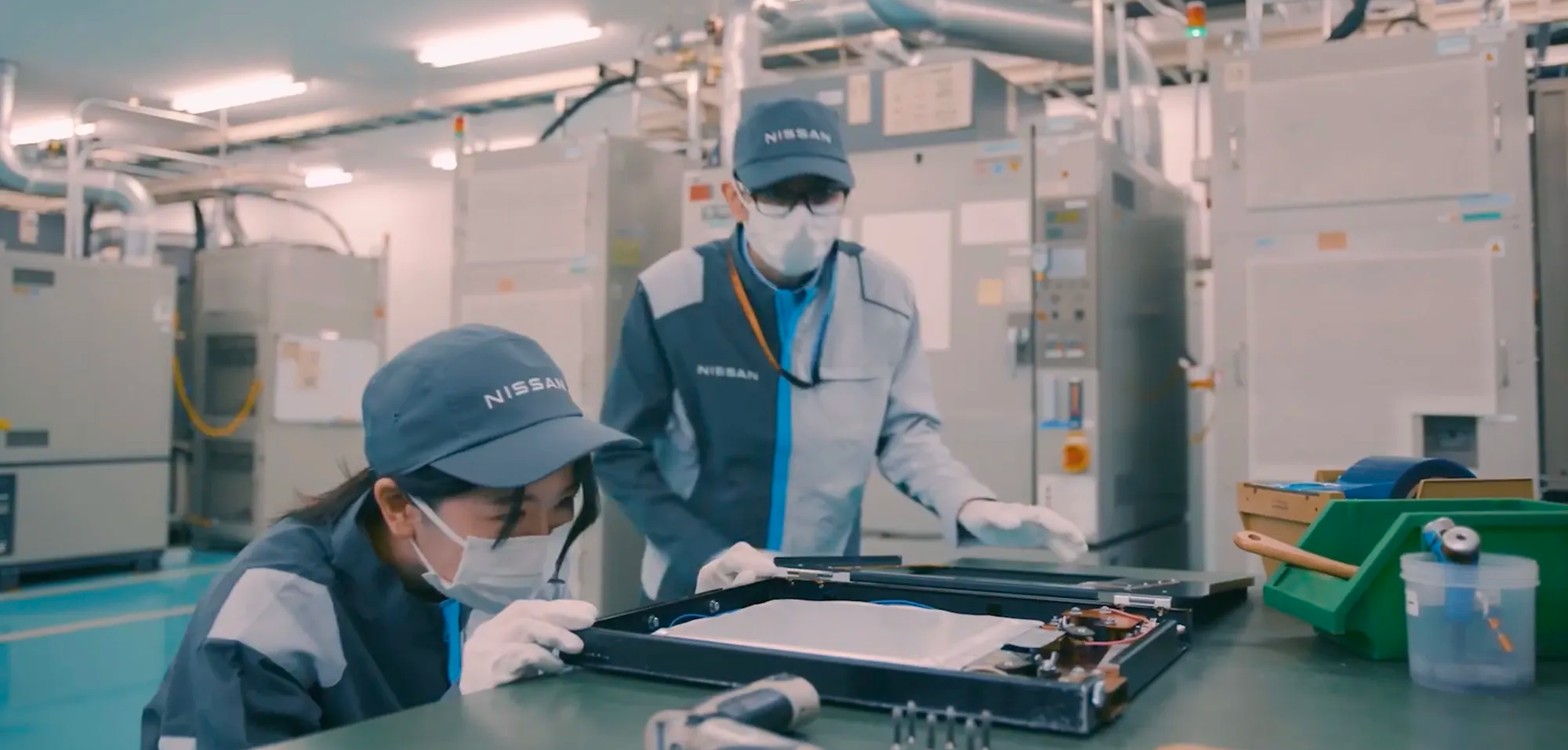Nissan Motor Co. (NISSAN) recently announced that as a key step in its “Nissan Ambition 2030” strategy, it will launch solid-state battery products for the electric vehicle market in 2028.
In 2021, Nissan announced that it will achieve 100% electrification by 2030, including launching 15 pure electric vehicles in the next 8 years and investing $17 billion in the development of electrification technology within 5 years, including solid-state battery technology.
_20220409165739.png)
Nissan’s solid-state battery prototype factory is located in Kanagawa Prefecture, Japan, where the design and manufacturing processes related to solid-state battery production will be improved and studied. The data and results during the operation of the prototype factory will be used for the trial production of solid-state batteries at Nissan’s Yokohama factory in 2024, with the goal of achieving mass production and delivery of solid-state batteries in 2028.
According to research predictions, by 2028, the cost of Nissan’s solid-state battery technology can be reduced to $75 per kilowatt-hour, and the cost at the level of battery pack modules can be further reduced to $65 per kilowatt-hour, making the cost of pure electric vehicles comparable to that of existing fuel-powered models.
Summary of Nissan’s battery technology goals:
-
Nissan plans to launch cobalt-free lithium-ion batteries, with costs reduced by 65% by the 2028 fiscal year (ending in March 2029).
-
Nissan aims to launch electric vehicles equipped with Nissan All-Solid-State Battery (ASSB) technology before the 2028 fiscal year (end of March 2029), with the Yokohama pilot factory ready by the 2024 fiscal year.
-
By 2026, solid-state battery production capacity will reach 52 GWh, and by 2030, production capacity will reach 130 GWh.
-
Promote the EV36Zero integrated manufacturing concept to global markets including Europe (UK), Japan, China and the United States.
Solid-state batteries are a type of battery technology that uses solid electrodes and solid electrolytes. The electrolyte is made of a lithium-containing compound, replacing the liquid or gel polymer electrolyte in traditional lithium-ion batteries. This can greatly improve the energy density of the battery, but the current challenge for automotive solid-state batteries is the need for mass production and cost reduction.
This article is a translation by ChatGPT of a Chinese report from 42HOW. If you have any questions about it, please email bd@42how.com.
